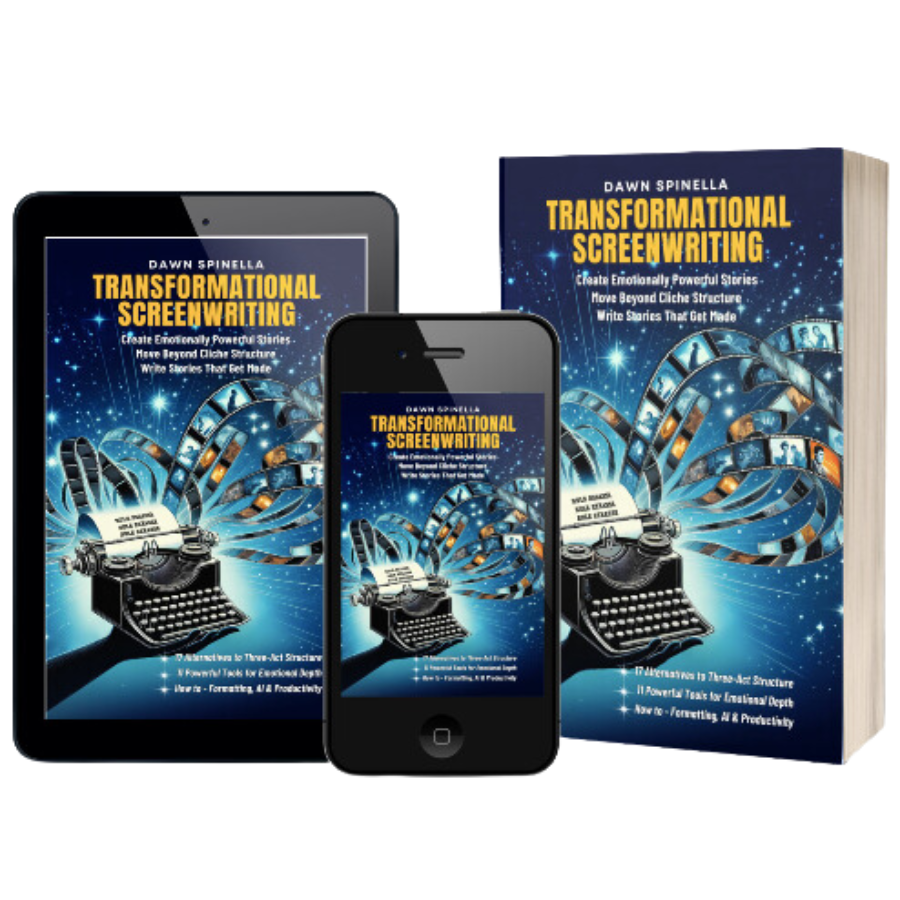Breaking into filmmaking is exhilarating, but it’s not all storyboards and shoot days—there’s a legal side that can make or break your indie film. Whether you’re hiring actors, using music, or distributing your film, protecting your work legally is essential.
If you’re not careful, skipping key legal steps can lead to lost rights, lawsuits, or worse—your film never seeing the light of day.
Here’s what every indie filmmaker needs to know to stay protected and professional.
1. Understand Copyright: Protect Your Work
Copyright automatically applies once your script or film is created in tangible form (written or filmed), but registering it with your country’s copyright office offers stronger legal protection.
What this covers:
- Your script and story
- Footage you shoot
- Your original music or score
You cannot copyright ideas—only the specific way you express them.
Action Step: Register your screenplay and final film with the U.S. Copyright Office (or your country’s equivalent).
2. Use Contracts—Even with Friends
Verbal agreements won’t hold up in court. Whether it’s your cousin editing your short or a friend scoring the soundtrack, put it in writing.
Must-have contracts:
- Actor release forms
- Crew deal memos
- Music licensing agreements
- Location agreements
- Option agreements (if you adapt someone else’s story)
Tip: Use plain language contracts if you don’t have a lawyer yet—but always clarify payment, credit, and rights.
3. Clear the Rights to Everything
That cool vintage track or recognizable logo in the background? You probably need permission to use it.
Common problem areas:
- Music: Always secure sync rights (for songs) and master rights (for recordings)
- Logos/brands: Avoid recognizable trademarks unless you get clearance
- Stock footage or photos: Use only properly licensed or royalty-free content
- Books or short stories: Get written permission or option rights from the original author
Pro Tip: Consider using indie composers or royalty-free music libraries for easier clearance.
4. Get Releases from Everyone on Screen
Even extras and passersby need to grant permission if they appear recognizably in your film.
Use release forms for:
- Actors
- Extras
- Documentary subjects
- Anyone giving an interview or performance
Why it matters: Without a signed release, you may not be able to distribute or sell your film.
5. Form an LLC or Sole Proprietorship
Creating a legal entity—like an LLC—for your film can protect your personal assets and make accounting easier.
Benefits include:
- Separating personal and business liability
- Easier to open a business bank account
- Cleaner paperwork when working with investors or distributors
Ask an accountant or legal advisor to help you determine the best structure for your needs and location.
6. Read Distribution Contracts Carefully
Getting a distribution deal is exciting—but don’t rush. Many filmmakers sign contracts that take away control or cut into profits.
Watch out for:
- Long-term rights grabs
- Hidden fees (marketing, delivery, etc.)
- Vague royalty terms
- No clear end to exclusivity
Advice: Always have a lawyer (or someone experienced) review the agreement before signing.
7. Keep Legal Docs Organized
Treat your paperwork like footage—it’s part of your production.
Organize:
- A “Legal” folder with all contracts and releases
- A spreadsheet tracking music and footage rights
- Copies of all registration and business paperwork
Being organized now saves headaches later—especially when festivals, grants, or distributors ask for proof.
Legal Confidence = Freedom
Knowing your legal responsibilities doesn’t limit your creativity—it protects it. When you handle the paperwork, you free yourself to focus on what matters most: telling your story.
You don’t need a law degree—but you do need to respect the business side of filmmaking.
Transformational Screenwriting

At the Independent Film Arts Academy (IFAA), we believe great filmmaking starts with clarity—both creative and legal. Want to craft screenplays that not only move audiences but are ready for the real world?Grab your copy of Transformational Screenwriting on Amazon and learn how to write with impact, purpose, and professionalism.

